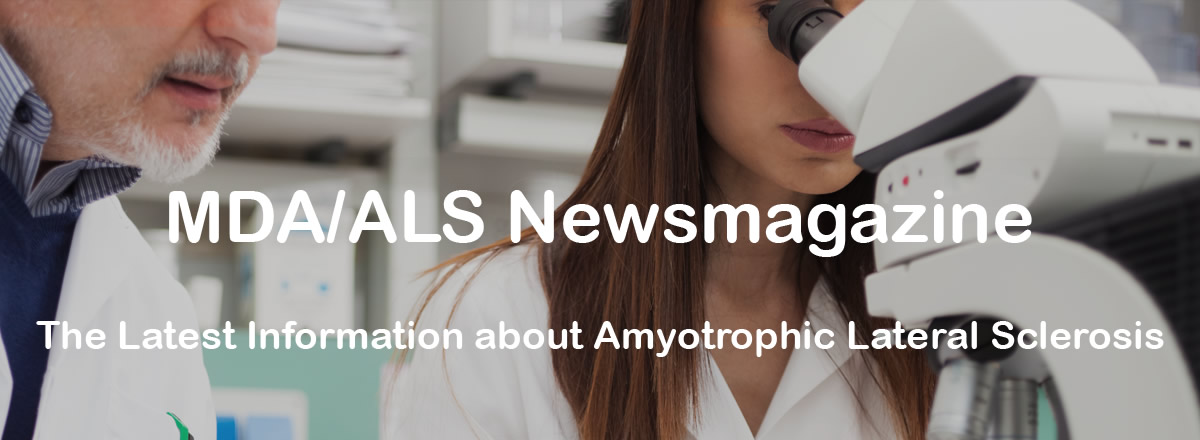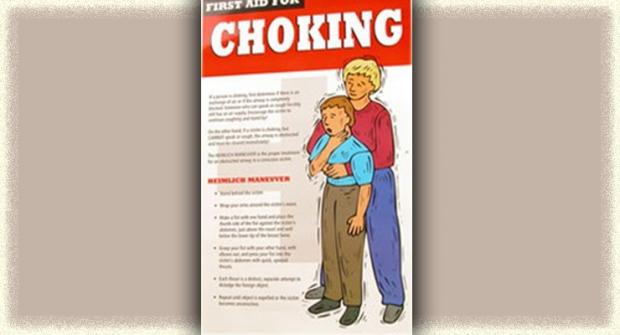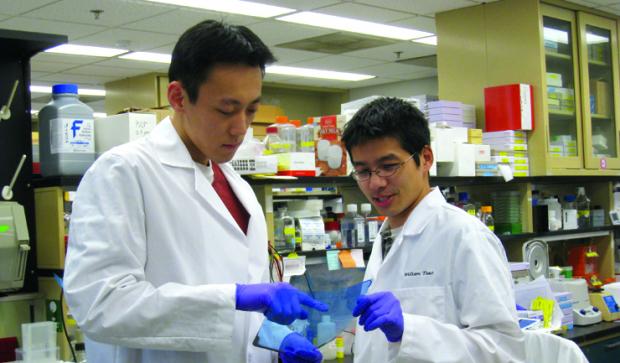

All Choked Up
It’s not uncommon in ALS for something unexpectedly and abruptly to aggravate your airway and throw you into a choking fit. I know from personal experience that these choking, gagging, gasping spells are physically exhausting, frustrating and upsetting for both the choker and the caregiver.The actions to take for choking depend on the type of choking spell you’re having. For example: Read More
Recent ALSN Articles

Antisense Against C90RF72
Even as some scientists work to develop animal and human cellular models of C9ORF72-related ALS (see C9ORF72 Research Models), others already are targeting the gene with experimental therapies designed to inactivate it or the repeat expansion it harbors. Neurologists Bryan Traynor and Jeffrey Rothstein are working together to inactivate C9ORF72 and to identify biomarkers to determine drug activity in people with ALS. (For more on biomarkers in ALS, read Looking for a Sign.) Traynor is at the Laboratory of Neurogenetics, National Institute on Aging and Johns Hopkins University, and Rothstein is the director of the Johns Hopkins Brain Science Institute and Packard Center, and the MDA/ALS Center at Johns Hopkins University.
Read More
C90RF72 Research Models
Phillip Wong, professor in the departments of pathology and neuroscience at Johns Hopkins University School of Medicine in Baltimore, is working — with MDA support — to develop research mouse models of C9ORF72-related ALS.With colleagues, he plans to use the models to study more closely the mechanism by which the C9ORF72 mutation gives rise to motor neuron degeneration and disease. The mice also will be made available for study by other researchers via the Jackson Laboratory in Bar Harbor, Maine, which manages colonies of mice to supply research institutions and labs.
Read More
Risky Business: Nongenetic Factors May Increase Odds of Developing ALS
Everyone is born, and everyone dies. What happens in between — colds and flu, cardiac problems, cancer, amyotrophic lateral sclerosis (ALS) — is anyone's guess. And people do guess. It's common — indeed, almost universal — after receiving a diagnosis for any condition to question whether there's something that could have been done to prevent it.
Read More- « first
- ‹ previous
- 1
- 2
- 3
- 4
MDA Resource Center: We’re Here For You
Our trained specialists are here to provide one-on-one support for every part of your journey. Send a message below or call us at 1-833-ASK-MDA1 (1-833-275-6321). If you live outside the U.S., we may be able to connect you to muscular dystrophy groups in your area, but MDA services are only available in the U.S.